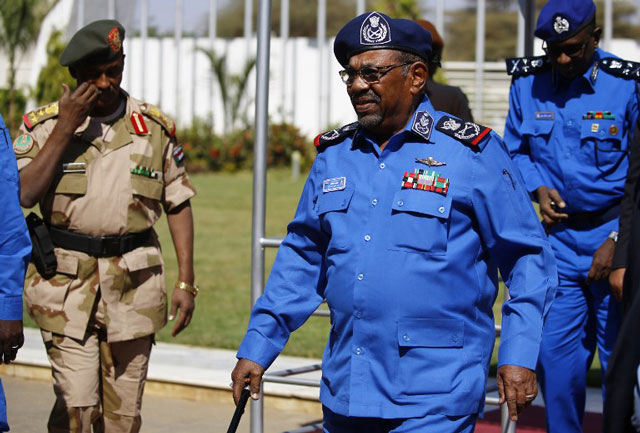
Paris, France | AFP | The demonstrations that have rocked Sudan over the past three weeks represent the biggest threat to President Omar al-Bashir’s rule since he took power three decades ago.
Willow Berridge, a lecturer at Newcastle University in northern England and author of “Civil Uprisings in Modern Sudan”, compares the movement with previous uprisings in Sudan since independence in 1956.
– How do you explain the uprising in Sudan? –
These protests have been triggered by rising bread prices, that’s the immediate trigger, but there is a much longer-term context.
The regime of Omar al-Bashir and the National Congress party has been in power since 1989. It overthrew the government brought about by the last uprising in 1985 and the last set of genuine democratic elections that occurred in Sudan in 1986.
It’s an extremely authoritarian, heavily securitised regime. And there have been protests against it ever since it’s been around.
This is the most serious uprising in the history of this regime, in terms of sheer scope, breadth and extent of popular involvement.
There is a big emphasis on this being an urban revolution throughout Sudan, in contrast with the previous uprisings which were more Khartoum-focussed.
– How big a threat is it to Bashir? –
They have gone on a lot longer already than either of the last two (uprisings), which is testament to the strength of the feeling against Bashir.
What is different this time is that Bashir is unlikely to agree to step down because he has an International Criminal Court indictment hanging over his head.
And in the previous two uprisings (in 1964 and 1985), both the armed forces and the police supported the uprising in Khartoum a lot more quickly than they are moving to do today.
At the moment, Bashir appears to have the majority of the security services on his side.
One of the reasons for this is that he is a very ruthless and efficient strategist.
He has deliberately strengthened his security services, like the National Intelligence and Security Service.
In contrast to the previous regimes, he has much stronger militias, more directly affiliated to himself and the ruling National Congress party.
That is not to say there couldn’t be a movement in any of the security forces against Bashir.
– What about the Islamists? Whose side are they on?
What the Islamists do could be crucial.
Broadly speaking, the Islamists have been backing the regime in Sudan for 29 years, but you are likely to see factions claiming they left the regime back in 1989 or 2013.
One faction has already set up its own opposition bloc.
 The Independent Uganda: You get the Truth we Pay the Price
The Independent Uganda: You get the Truth we Pay the Price



